April 22, 2025 | 02:36 GMT +7
April 22, 2025 | 02:36 GMT +7
Hotline: 0913.378.918
April 22, 2025 | 02:36 GMT +7
Hotline: 0913.378.918
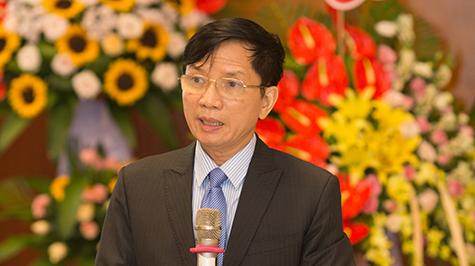
Dr. Nguyen Thanh Son, Chairman of the Vietnam Poultry Association (VIPA). Photo: Hong Tham.
The livestock sector faces many great challenges, such as the continuously high price of animal feed, many diseases such as skin rash, blue eared pig, and African swine fever.
Therefore, according to Dr. Nguyen Thanh Son, Chairman of the Vietnam Poultry Association, the first things to do are review, amend and supplement livestock policies, standards, and regulations.
In addition, agriculture must develop policies on attracting investment, credit, insurance, organic production, high technology, and agricultural extension.
Many regulations, standards, and regulations are now inconsistent with international practices, causing difficulties and cost burdens for businesses.
The immediate priority is to immediately remove the bottlenecks in mechanisms, policies, and regulations unsuitable for the livestock sector.
Currently, Vietnam has not been proactive in the source of raw materials for animal feed. To reduce production costs and lower the cost of products sold, the Government and the Ministry of Agriculture and Rural Development need to review and eliminate unreasonable fees on controlling the input of raw materials, reducing the pre-inspection process post-audit only when necessary.
Simultaneously, agriculture needs to have a strategy to develop domestic feed ingredients, such as corn, soybeans, fishmeal, mineral, and vitamin supplements.
The Government can use tax tools and investment incentives to encourage businesses to invest in the domestic production of raw materials such as minerals, vitamins, and amino acids to reduce imports and be simultaneously proactive in the supply chain.
Enterprises operating in agriculture must focus on the export strategy of some advantageous livestock products in the long term.
To achieve these goals, the Government needs to continue to support domestic enterprises in building raw material areas, building disease-free zones, and administrative procedures to promote the export of products such as chicken, suckling pig, food for animal feed, salted duck eggs, processed quail eggs, and feathers.
FDI enterprises that produce, process, and export cooked chicken meat, also need to be taken care moreover.
State management agencies cannot stand aside from the task of restructuring the livestock sector. They need to create favorable conditions for associations and businesses to play a pivotal role in production and business.
Livestock associations need to coordinate more closely with state management agencies, especially in the strategic tasks of livestock development and law enforcement. All must consider this as the main driving force for industrialization and modernization of the livestock sector, towards models such as ecological agriculture, cyclic agriculture, responsibility agriculture, and sustainable agriculture.
Ministries and departments need to make a clear hierarchy and allocate key industry associations to inspect, supervise, evaluate and issue product quality certificates. This is a step towards improving state management efficiency and in line with international practices.
Because there is still fiscal space for development, livestock and fisheries will be the main levers for agricultural growth in the second half of 2021.
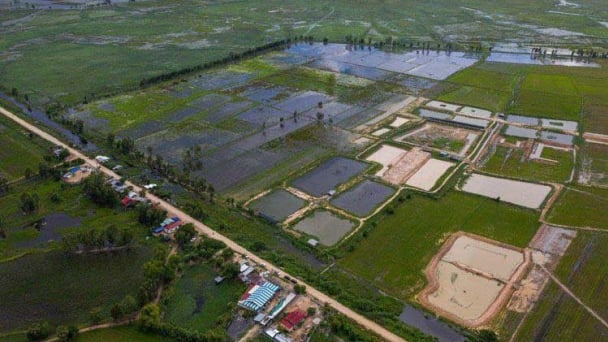
(VAN) Jiangsu province is gearing up to host training programs in Phnom Penh, the capital of Cambodia, this year to establish the Fish and Rice Corridor.
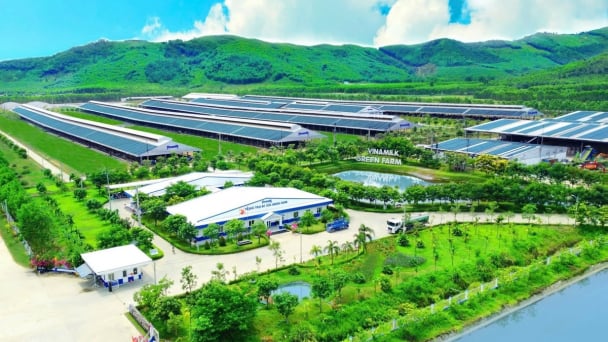
(VAN) Le Hoang Minh, representing Vinamilk, shared the company's experience in energy saving and green energy transition for production at a workshop held during the P4G Summit.
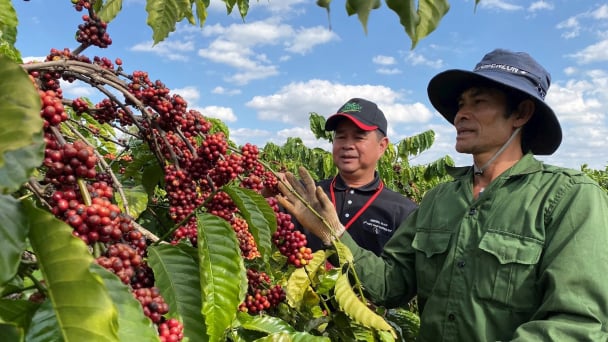
(VAN) Businesses emphasize fairness and equality when integrating social factors into their sustainable development strategies.
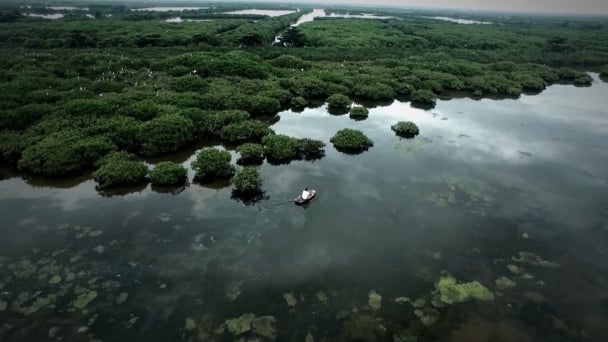
(VAN) French organizations and enterprises propose that Thai Binh province provide potential and long-term cooperation contents related to climate change response and green industrial development.
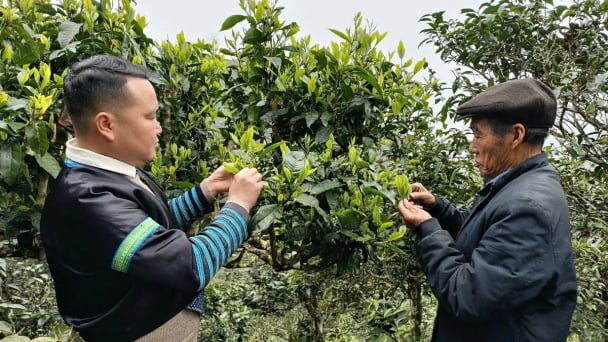
(VAN) Shan Tuyet tea is considered a 'heavenly treasure'. The H'mong people allow the tea to grow naturally, adhering to organic production principles, with the aim of exporting the product.
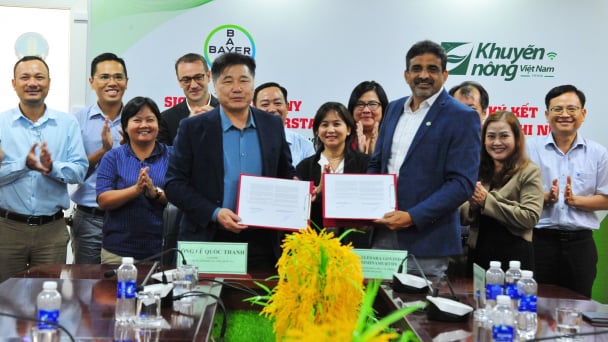
(VAN) Bayer Vietnam and the National Agricultural Extension Center have signed a partnership agreement to expand the development of effective and safe farming models for rice, durian, and coffee.
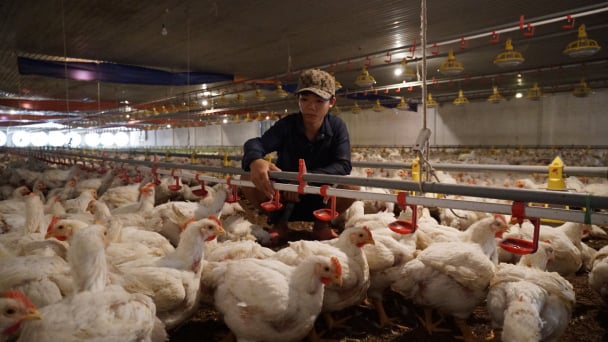
(VAN) Tay Ninh province possesses all the favorable conditions, from natural advantages to geographic location and social harmony, to drive economic development, particularly in attracting investment and advancing modern livestock farming.